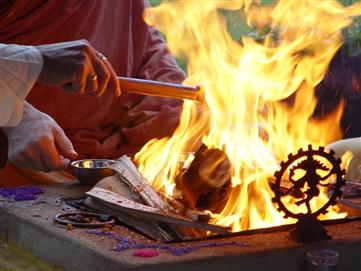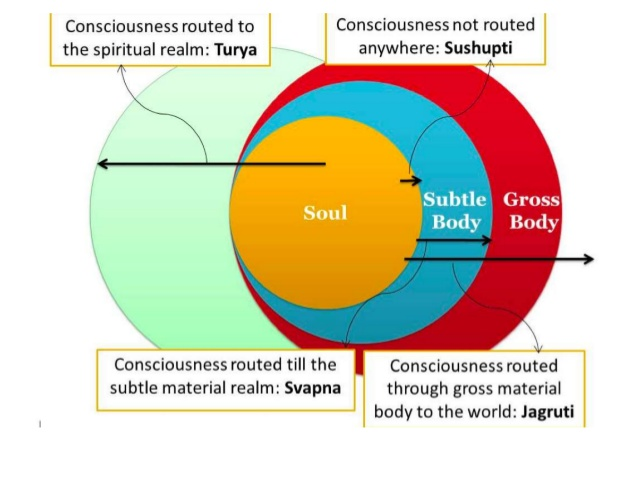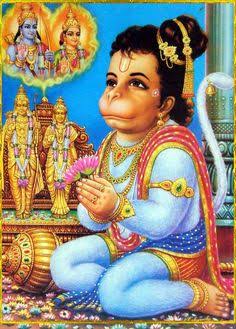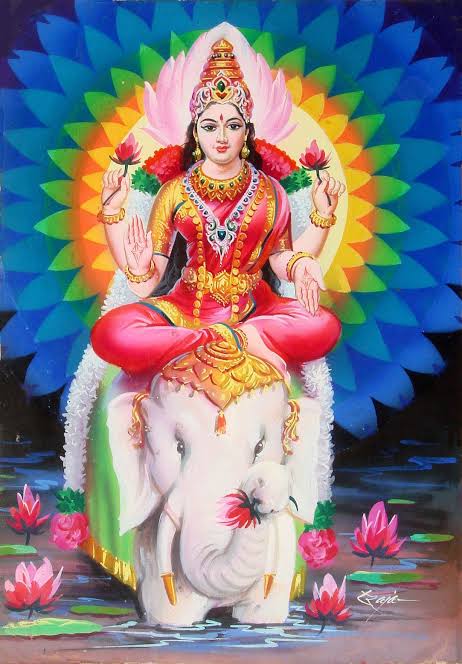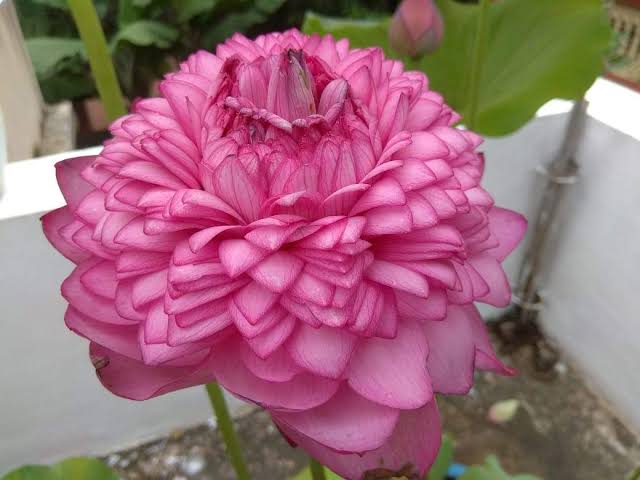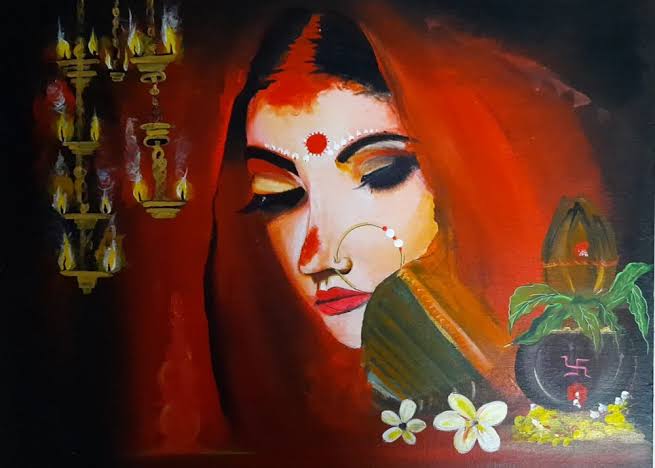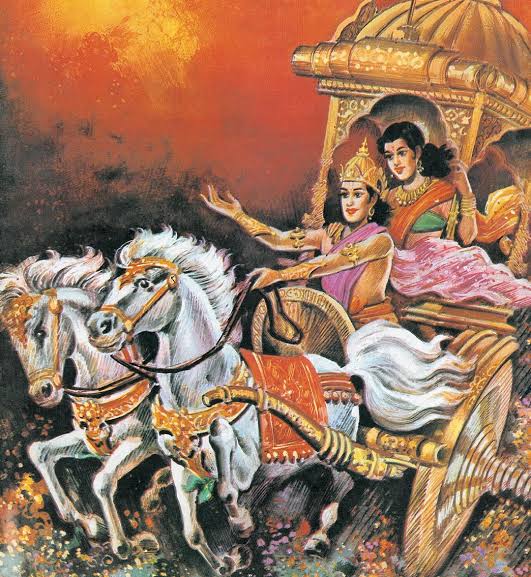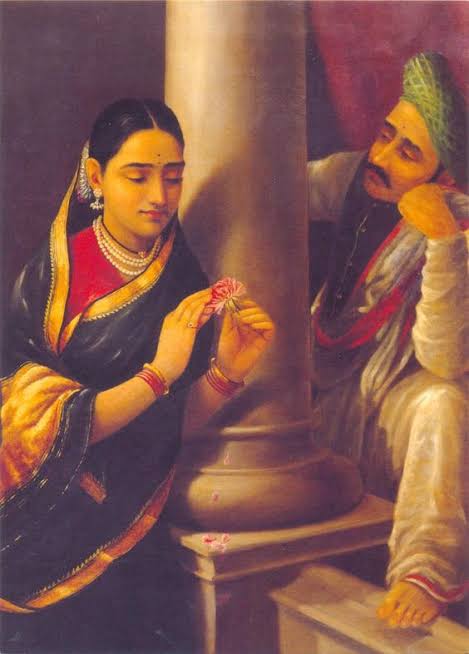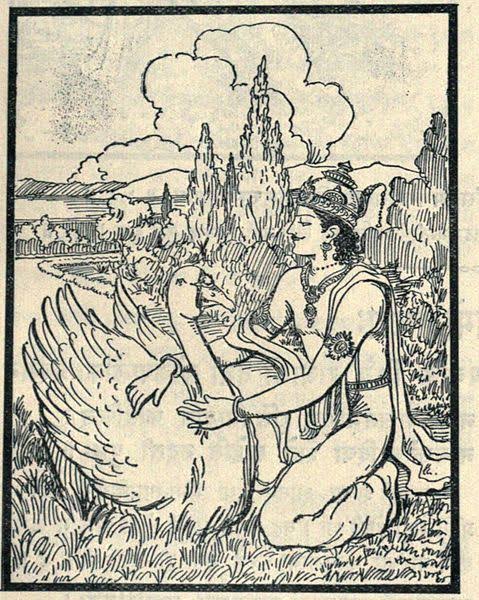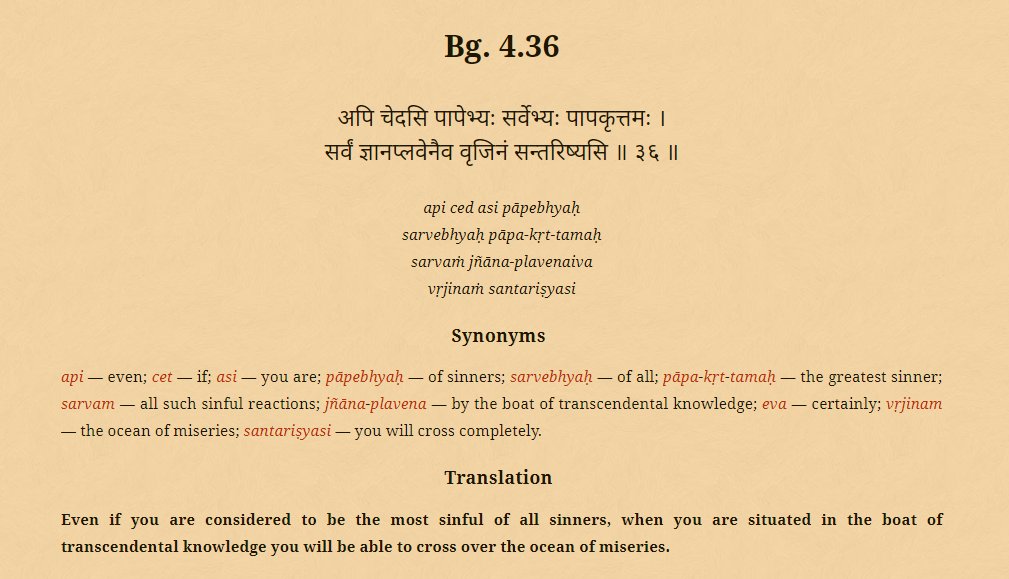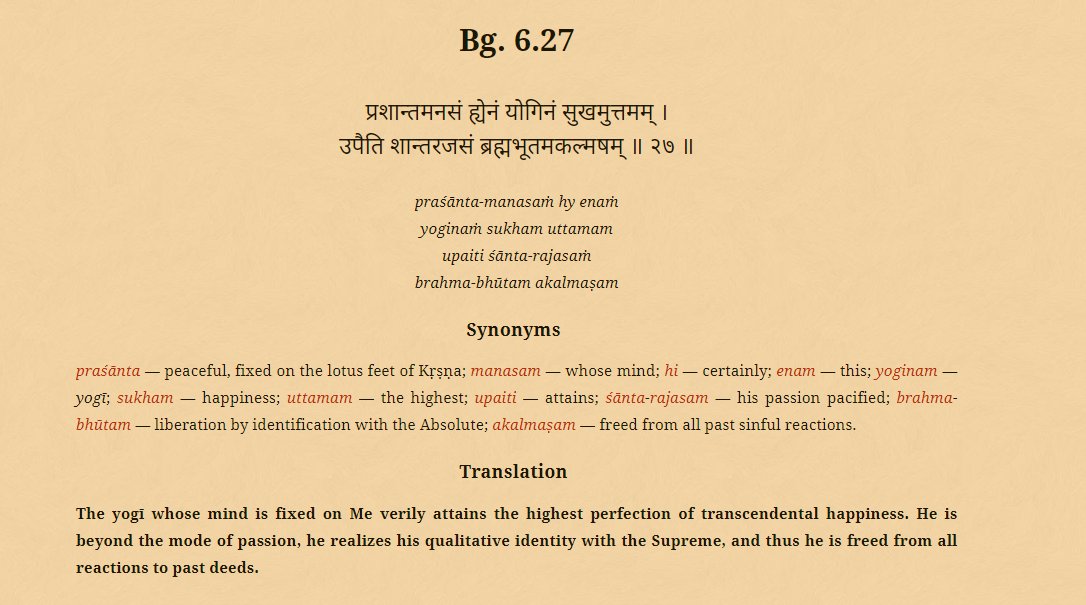
Here is a 100+ year old Copper pot of our house.
Copper pot has its own importance in spiritual and health related aspect in Hinduism. Now a days Copper drinking water bottle are again in trend, not sure how much copper it contains thought, anyway here are some facts.
Copper pot has its own importance in spiritual and health related aspect in Hinduism. Now a days Copper drinking water bottle are again in trend, not sure how much copper it contains thought, anyway here are some facts.
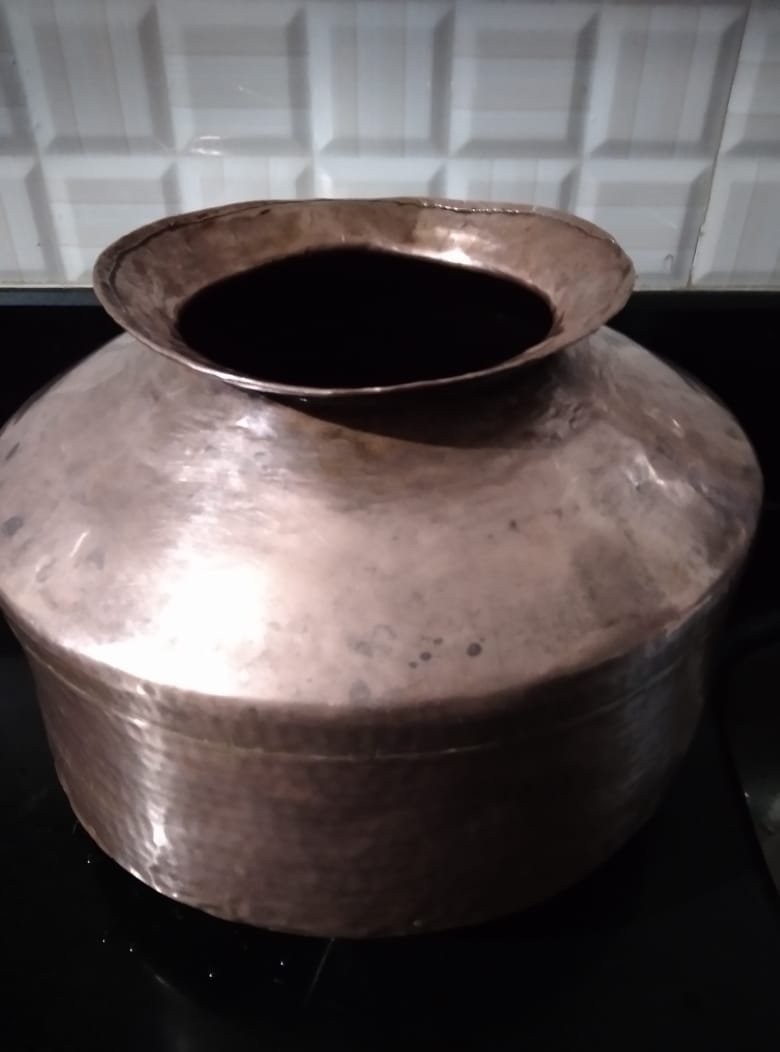
Lord Shiva is very fond of Abhishek. To make a continuous abhishek on the Shiv Ling, they put a copper pot which a very small hole at the bottom.
This way water's abhishek runs for long period of time. Some people also put milk in it.
This way water's abhishek runs for long period of time. Some people also put milk in it.
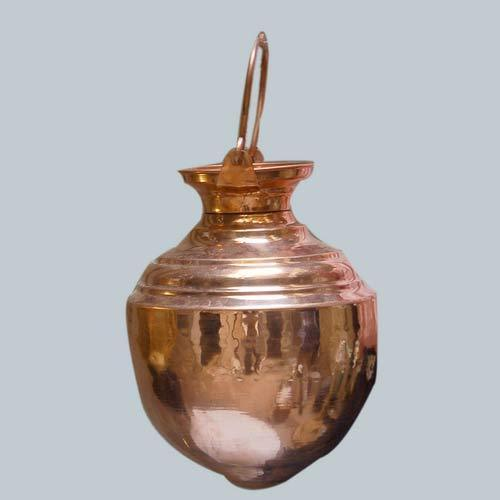
There is a symbolism attached to the water dripping from the pot. Legend has it that the water in the pot is meant to cool Shiva of the effects of drinking the halahala poison during the Samudra Manthan.
Symbolically the water dripping from the pot indicates that life is always about movement. There is no stagnation. If we become stagnant then we rot and this is against nature.
Life also ebbs out slowly like the water dripping from the pot. The short period that is available should be used to attain self realization.
Each moment in our life is like the water drop, we should dedicate it to the supreme truth and perform our dharma.
Each moment in our life is like the water drop, we should dedicate it to the supreme truth and perform our dharma.
Though the health benefit of copper in our Sanatan dharma is age old but Copper’s role in the immune system was first publicized around the year 1867.
It was reported that copper workers were found to be immune to Cholera during the Cholera breakouts of Paris in 1832-1852.
It was reported that copper workers were found to be immune to Cholera during the Cholera breakouts of Paris in 1832-1852.
In 1939, a very curious pattern was observed by Werner Hangarter, the German physician. He observed that copper miners in Finland were strangely unaffected by arthritis as long as they continued to work in the mining industry.
Copper & Digestion
Known for its anti-bacterial properties, drinking water stored in copper vessels can help reduce inflammation in the stomach. This helps in curing ulcers, infections & indigestion.
Link : ncbi.nlm.nih.gov/pmc/articles/P…
Known for its anti-bacterial properties, drinking water stored in copper vessels can help reduce inflammation in the stomach. This helps in curing ulcers, infections & indigestion.
Link : ncbi.nlm.nih.gov/pmc/articles/P…
Copper & Weight Loss
Drinking water stored in a copper vessel can work wonders for those who are on a mission to lose weight. It helps your body break down and eliminate stored fat faster and more efficiently.
ncbi.nlm.nih.gov/books/NBK22539…
Drinking water stored in a copper vessel can work wonders for those who are on a mission to lose weight. It helps your body break down and eliminate stored fat faster and more efficiently.
ncbi.nlm.nih.gov/books/NBK22539…
Copper has been found to have the potential to regulate blood pressure and lowers your risk to bad cholesterol. In fact, scientists have even been known to recommend copper supplements to some patients who have suffered heart failures.
A lesser known fact is that, the market today is filled with copper bracelets and trinkets that are aimed at reducing the symptoms of arthritis. Owing to its anti-inflammatory properties, drinking water stored in a copper vessel can prove to be essential for a healthy bone matrix
Waking up to a glass of water stored overnight in a copper vessel can become your secret to glowing and healthy looking skin.
It works as an antioxidant and protects the skin from damage caused due to free radicals which in turn results in prevention of wrinkles.
It works as an antioxidant and protects the skin from damage caused due to free radicals which in turn results in prevention of wrinkles.
For best results, store water in a copper vessel just before you go to sleep. This creates a natural purification process and kills any harmful organisms in the water and makes water perfectly fit for consumption.
Before RO purifiers and UV filters became the norms of the day, storing water in copper vessels is how our ancestors did it. It is ideal to keep it overnight or at least for four hours, to allow the water to acquire the copper trace minerals that is vital to human health.
• • •
Missing some Tweet in this thread? You can try to
force a refresh

